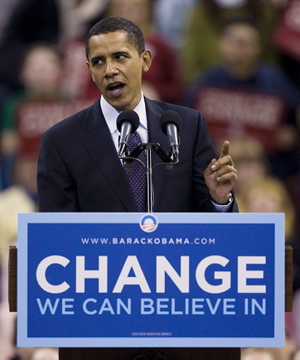 This is the second year I've had the privilege to be a member of the wonderful New Trier High School Symphony Orchestra. This orchestra has been well known for years because of its ability to play very advanced pieces of music and with great professionalism. I remember last year we had very long, difficult pieces to prepare in a short amount of time, but it does not compare to what we have on our belt this year.
This is the second year I've had the privilege to be a member of the wonderful New Trier High School Symphony Orchestra. This orchestra has been well known for years because of its ability to play very advanced pieces of music and with great professionalism. I remember last year we had very long, difficult pieces to prepare in a short amount of time, but it does not compare to what we have on our belt this year. On November 13, we are performing two very hard, LONG pieces; one of the pieces, "Carmina Burana", is 25 movements. Then, in December, we are playing three new songs that we have not even gotten the chance to practice yet... Things are not looking good so far.
After rehearsing the hour long "Carmina Burana" that we are not close to being done with, our conductor stopped us and gave a speech at the end of class that really made me think of our AS theme, dreams vs. reality.
After rehearsing the hour long "Carmina Burana" that we are not close to being done with, our conductor stopped us and gave a speech at the end of class that really made me think of our AS theme, dreams vs. reality.
"The pieces I chose for you to play this year symphony orchestra are extraordinarily difficult to perfect in the small amount of time we are given. We have a few weeks until we begin rehearsing the entire 'Carmina Burana' with the choir which we are not ready for, we still have to finish Tchaikovsky which we are no where close to, and on top of all that, we have the three pieces to play in December that we have not even looked at. When I decided on the pieces we would play this year, I truly believed that you guys could pull it off, but right now I'm not so sure, maybe I was being a bit idealistic. From now on, I'm no longer going to be Mr. nice guy up here on the podium...It's time to be more pragmatic folks."
After this speech, you could tell our conductor was disappointed, the symphony was disappointed, and things were going to get a little more realistic around here. Although this was quite a...saddening speech, i could not help but give off a little bit of a smile. I knew what was REALLY going on here, and I realized it applies directly to the discussion in AS class of the balance that pragmatists and idealists create.
Every year in symphony, it does seem nearly impossible to play the pieces we play in the amount of time we are given. Each year, no matter how prepared we are, my conductor gives this same speech every time; and although it looks bleak for symphony orchestra this year, I am 100% confident that it will turn out as it always does- nearly perfect.
Here we see the black and white of a balance between pragmatism and idealism that combine to make the New Trier Symphony Orchestra great. First, we are idealists, deciding to pursue pieces that don't seem possible to play in the amount of time we have to rehearse. Then, we are given "the speech" by our pragmatic conductor that tells us to wake up and smell the coffee, explaining the realistic situation of where we stand in terms of being prepared. Soon, everyone in symphony freaks out, starts practicing the pieces of music like crazy until they can perform them almost perfectly. Then, for the next few weeks of rehearsal, the symphony and our conductor dream of accomplishing our goal by the upcoming concerts, while still maintaining a realistic vision of what we must do in order to succeed. When the concert arrives, we are a fully prepared combination of pragmatism and idealism.





